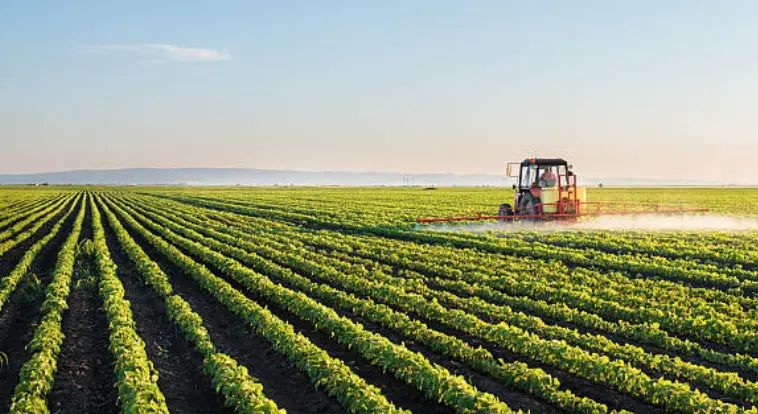Sustainable agriculture is a holistic approach to farming that aims to meet the needs of the present without compromising the ability of future generations to meet their own needs. It encompasses a wide range of practices and techniques that focus on environmental stewardship, economic viability, and social responsibility. The importance of sustainable agriculture cannot be overstated, and here's why:
1. Environmental Conservation
One of the primary objectives of sustainable agriculture is to minimize the negative impact of farming on the environment. Conventional farming practices, such as monocropping and heavy pesticide use, have led to soil degradation, water pollution, and the loss of biodiversity. Sustainable farming methods, on the other hand, prioritize soil health, reduce chemical inputs, and promote biodiversity. For example, crop rotation and cover cropping help improve soil fertility and reduce erosion, while integrated pest management (IPM) techniques minimize the need for harmful pesticides.
2. Climate Change Mitigation
Climate change is one of the most pressing challenges of our time, and agriculture both contributes to and is affected by it. Sustainable agriculture practices are designed to reduce greenhouse gas emissions from farming activities. For instance, no-till farming reduces carbon dioxide emissions by minimizing soil disturbance, and agroforestry systems sequester carbon in trees and shrubs. Additionally, sustainable farming methods can increase resilience to extreme weather events, helping farmers adapt to a changing climate.






